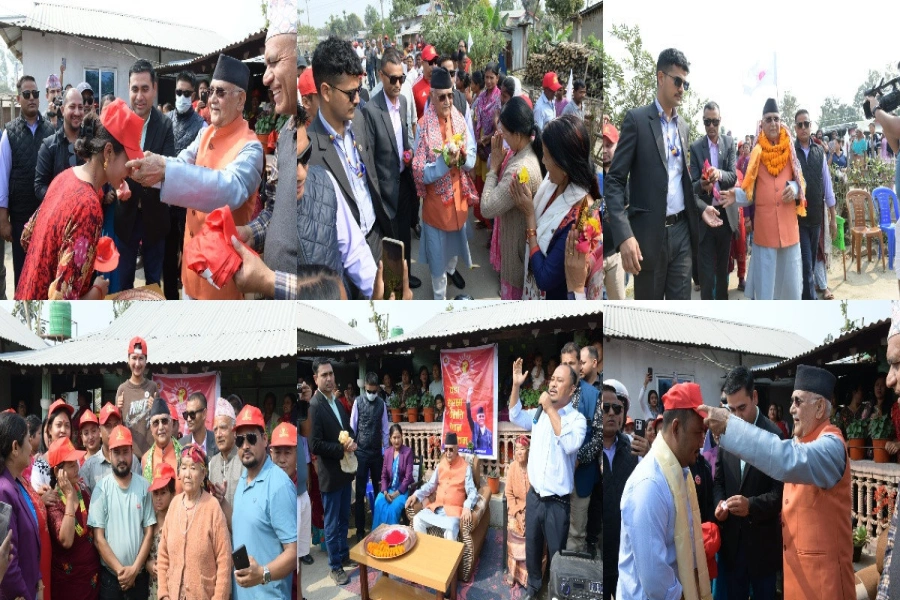The long-stalled transitional justice (TJ) process is set to gain momentum with the government finalizing guidelines to select the chief commissioner and other commissioners of the TJ bodies. On Friday, the Ministry of Law, Justice, and Parliamentary Affairs invited applications from prospective candidates, giving them a week to apply for office bearers’ positions. As the selection guidelines for the appointments in the Commission of Investigation on Enforced Disappeared Persons (CIEDP) and the Truth and Reconciliation Commission were finalized following consultations with the conflict victims, the appointment of new office bearers is expected to move forward swiftly. In this context, the fresh call for applications to fill these defunct bodies marks a positive milestone in the TJ process.
PHSC decides to carry out hearing process

The government and the then Maoist rebels signed the Comprehensive Peace Accord (CPA) on November 21, 2006, ending a decade-long Maoist insurgency. Among other provisions, the CPA outlined the goals of holding Constituent Assembly (CA) elections to draft a new constitution, managing Maoist combatants and their arms through integration with security agencies and rehabilitation programs, and providing justice to conflict victims from both sides of the aisle through transitional justice bodies. While the country has successfully managed the Maoist combatants and promulgated the new constitution through the elected CA, another key task of delivering justice to conflict victims has remained in limbo for nearly two decades. This failure to provide justice to conflict victims risks throwing the country into a new round of violence and undermines the desire for sustainable peace. As the TJ process advances, the government must ensure the country does not relapse into conflict, while holding perpetrators accountable and providing reparations and compensation to victims' families so they can lead dignified lives.
Justice delayed is justice denied. We commend the fresh initiative taken by the KP Oli-led government to revive the TJ bodies through the appointment of new office bearers. As the process progresses, the government must ensure the appointment of qualified candidates who can work impartially. Gaining the trust of both the government and the victims is key to successfully delivering justice to conflict victims. Several organizations representing conflict victims are pressuring the government to expedite the process. However, many remain skeptical about whether the TJ process will truly provide them with justice. We also urge the government to consider holding public hearings with representatives of victims' organizations to enhance transparency and ensure that the new office bearers understand the concerns of conflict victims. The responsibility also lies with the victims' groups to help bring the TJ process to a successful conclusion. We hope to see this positive milestone in the TJ process advance smoothly, without further delays.







































